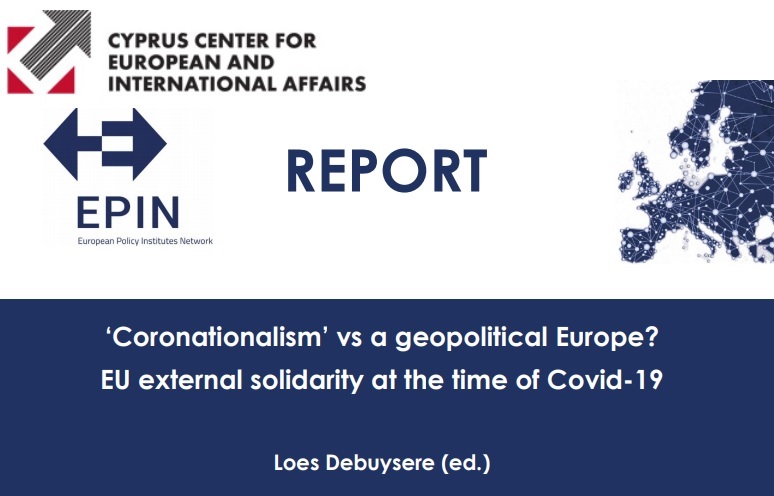EU member states have been discussing how to deal with the socio-economic repercussions of the Covid-19 pandemic, collectively. While lively debates about internal solidarity continue, there is also the pressing issue of how the EU and its member states wish to support third countries, outside the EU, in tackling their health and economic emergencies. On the one hand, the EU wishes to become a geopolitical power, which demands that the Union and its member states step up their supportive role on the global scene. On the other, there are signs of ‘coronationalism,’ with some national political parties questioning the timing of EU external aid when member states themselves are struggling. Based on expert contributions from a representative cross-section of 13 member states, this paper delves into the question of whether and how external solidarity features in political and public discourse in Covid-struck Europe. It finds that, for now, neither coronationalist nor geopolitical ambitions dominate the relatively little politicised debates about international cooperation and development aid.
Read the European Policy Institutes Network (EPIN) report entitled “Coronationalism’ vs a geopolitical Europe? EU external solidarity at the time of Covid-19”, edited by Loes Debuysere. Thirteen EPIN partners contributed to this Report – including Professor Andreas Theophanous on behalf of the Cyprus Center for European and International Affairs.

The European Policy Institutes Network (EPIN) is a network of think tanks and policy institutes based throughout Europe, which focuses on current EU political and policy debates.




